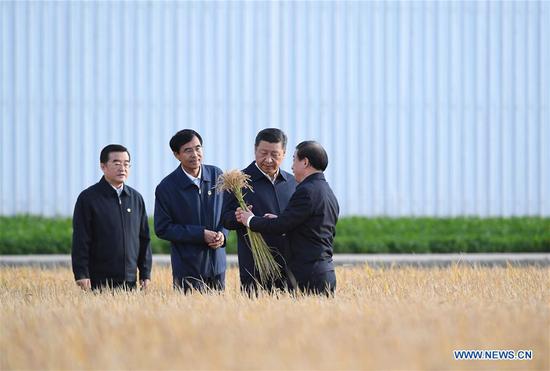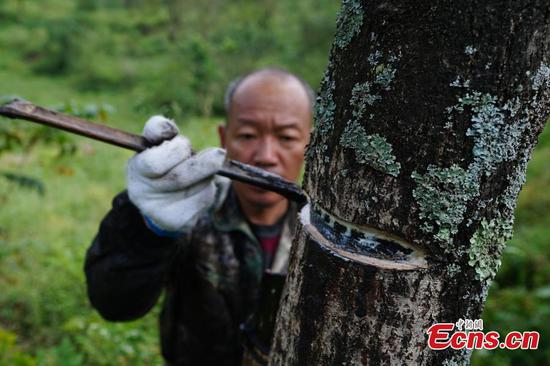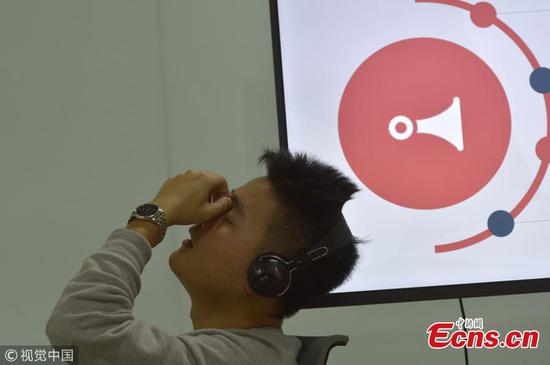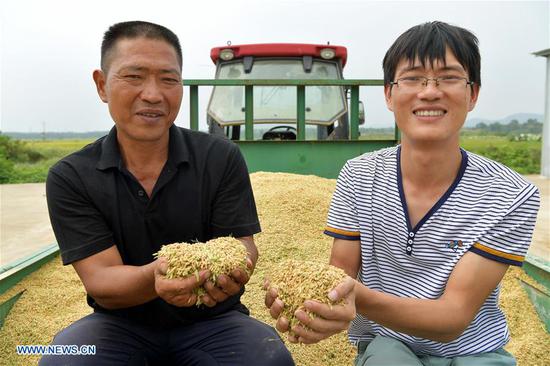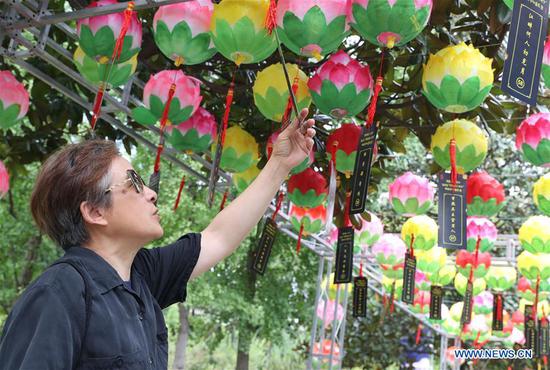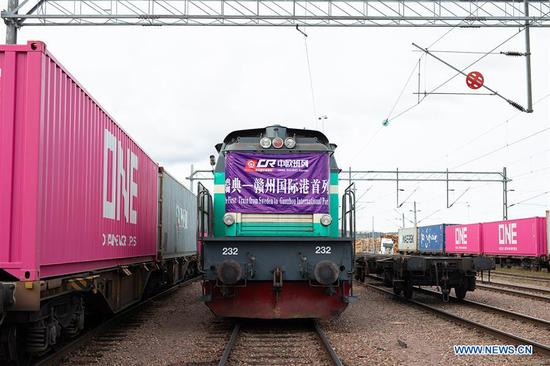Villager-friendly loans
Wenzhou residents are known for their business acumen and informal lending societies. When they have a business plan, they usually turn to friends and relatives for funding because the banks prefer to lend to big companies.
The practice became so prevalent among Wenzhou businessmen in the 2000s that the situation spiraled out of control. Some informal funding pools became shadow banks issuing usurious loans on a large scale, a lot of which went into the soaring real estate market.
The problem surfaced when property prices dipped and exports slowed due to the aftershock of the 2008 financial crisis. The issue culminated in 2011, with many Wenzhou-based entrepreneurs fleeing because of loan defaults.
Things started to change when the central government transformed Wenzhou into a pilot zone for financial reform in 2012, regulating the informal financial sector while encouraging banks to explore lending mechanisms for small and micro loans.
Jiang Guolian had been thinking of opening a poultry farm since retiring as an electrician three years ago, but didn't have enough money to start the venture.
"I needed 60,000 yuan to rent the facility and buy the hens, but most banks wouldn't offer loans to me because I'm retired and don't have any collateral," Jiang said.
Jiang has a two-story house, but like many villagers in suburban Wenzhou whose houses were built on land owned collectively by the village, he didn't have a property ownership certificate as collateral to secure a bank loan.
In 2016, a new type of micro loan was created in Wenzhou for people like Jiang who lack appropriate collateral for a traditional loan. The Ouhai Bank of Agriculture and Commerce began issuing loans to villagers by including previously unrecognized assets as collateral, such as rural houses and village stock equity.
Pan Zhijian, the bank's chairman, said: "We aim to tap the idle assets in villages, so as to solve rural people's problems in getting loans."
Now Jiang, 53, has secured the loan and his 1,000 blackbone hens will start laying eggs in the autumn.
"When the temperature cools down, my chicken farm will produce 700 eggs a day," Jiang said.
This loan model received approval from the People's Bank of China, the central bank, as a State-level pilot financial program in July 2017. The Ministry of Agriculture and Rural Affairs has asked for the model to be promoted in more areas.
Around 3.7 billion yuan in loans have been issued to 8,610 households in Wenzhou's Ouhai district, and the bad loan ratio is only 0.12 percent, according to Pan.
"Farmers are among the most trustworthy groups in China, particularly in Wenzhou," he said. "If not for the local farmers and small entrepreneurs, whom else could we as the local bank of agriculture and commerce trust instead?"
New plan gets approval
In August, a pilot plan including 30 measures promoting the private sector in Wenzhou gained approval from the All-China Federation of Industry and Commerce and the United Front Work Department of the Communist Party of China Central Committee.
"We should form a new type of cordial and clean relationship between the government and business, promote the healthy growth of the nonpublic sector of the economy, and encourage those working in this sector to achieve success," General Secretary Xi Jinping said in his report to the 19th CPC National Congress in 2017.
Lan Qing, deputy head of publicity of the Wenzhou Federation of Industry and Commerce, said the measures include policies aimed to reduce businesses' costs, protect their interests and provide incentives for businesses with good credit scores.
"We will hold a conference in October to unveil the whole pilot plan and announce the implementation of the first batch of policies," she said.
Li Peilin, vice-president of the Chinese Academy of Social Sciences, said: "Wenzhou is a remarkable city in the country's history of reform and opening-up. It has played a pilot role in breaking the bottleneck clogging the country's reform practice at the local level."
According to Li, Wenzhou has undertaken more than 50 pilot programs at the State and provincial levels in different sectors in recent years.
"I hope Wenzhou will take these chances to unleash more productivity through the policy dividends and to benefit more people with the reform bonus," he said.










